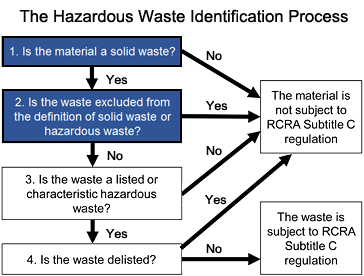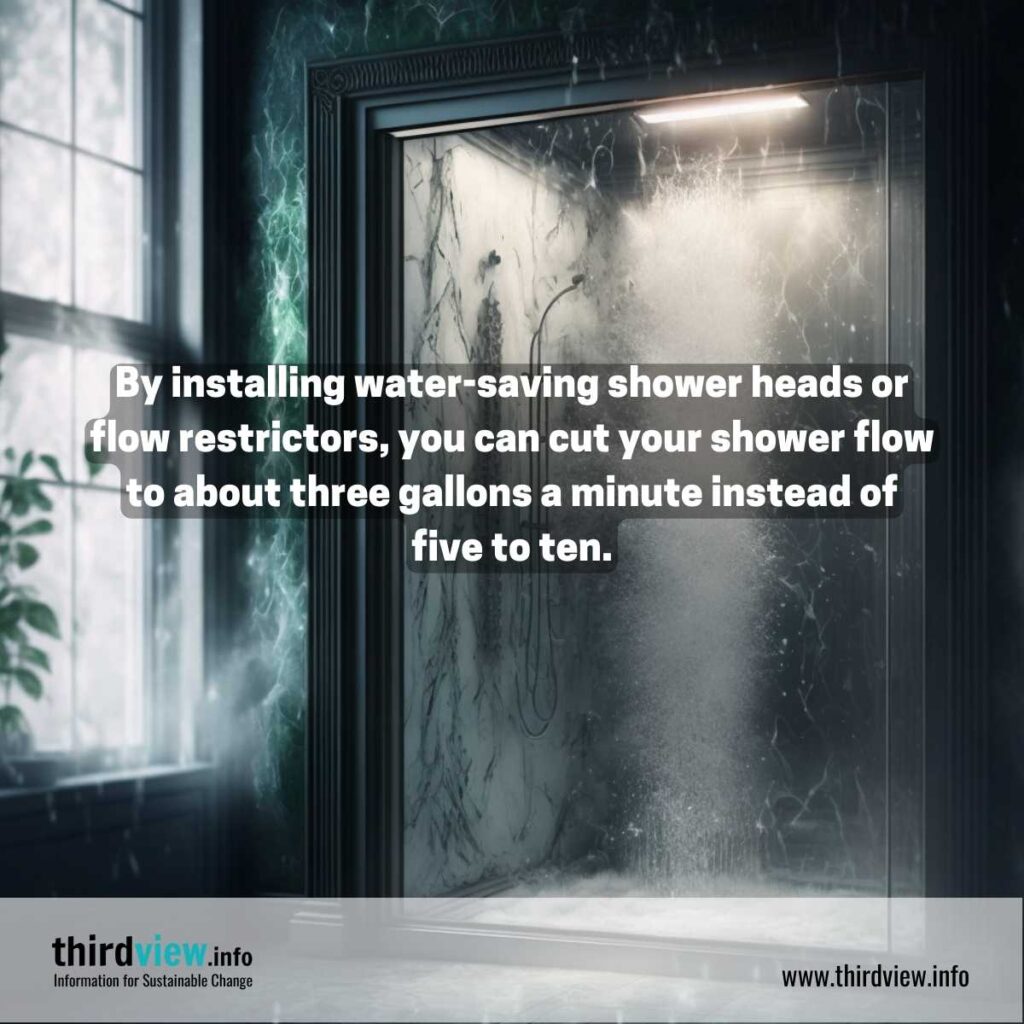Some Known Incorrect Statements About Reclaim Waste
How Reclaim Waste can Save You Time, Stress, and Money.
Table of ContentsThe Basic Principles Of Reclaim Waste Facts About Reclaim Waste UncoveredThe Ultimate Guide To Reclaim WasteUnknown Facts About Reclaim WasteFascination About Reclaim Waste
Explore the kinds, incidents, and forms of fluid waste. Domestic sewer waste refers to the waste and items from a household septic system. This kind of waste is produced by humans in homes, institutions, and various other buildings. This only consists of sewage-disposal tanks that have a drainpipe field. The correct administration and disposal of residential sewage waste call for liquid waste to be transferred to a sewer treatment plant where the correct methods and tools are related to cleanse and throw away waste.
Commercial waste commonly consists of prospective hazards, such as combustible materials or a combination of liquid and solid waste items, and calls for a more sophisticated and detailed disposal process. The disposal of industrial waste typically includes the purification of waste prior to transport to ensure risk-free and correct disposal. Industrial waste is produced from results and runoff of industrial procedures and manufacturing.
This kind of waste can not make use of the same sewer management transport or processes as septic or commercial liquids. The hazardous waste administration procedure needs the assessment and screening of fluid waste prior to it goes through the disposal process (industrial wastewater treatment). Drainage waste is the fluid waste that originates from overflow and excess stormwater in highly populated areas or cities
Runoff waste can cause contamination and flooding otherwise handled properly. Find out extra about sewer cleaning and waste monitoring. Ensuring proper waste management can prevent disasters and reduce environmental injury. Both individuals in residential setups and specialists in industrial or production sectors can take advantage of comprehending the processes and laws of fluid waste administration.
Some Of Reclaim Waste
Get in touch with PROS Services today to discover concerning our waste administration and disposal solutions and the proper methods to care for the liquid waste you generate.
(https://www.imdb.com/user/ur191403836/?ref_=nv_usr_prof_2)This so-called 'wastewater' is not only a crucial resource but, after therapy, will be launched to our land, waterways or the ocean. Made use of water from bathrooms, showers, baths, kitchen sinks, laundries and commercial procedures is understood as wastewater.

water made use of to cool equipment or tidy plant and devices). Stormwater, a kind of wastewater, is overflow that moves from agricultural and city areas such as roof coverings, parks, gardens, roadways, courses and rain gutters right into stormwater drains, after rain. Stormwater moves without treatment directly to local creeks or rivers, ultimately getting to the ocean.
The Greatest Guide To Reclaim Waste
In Queensland, most wastewater is treated at sewage treatment plants. Wastewater is moved from residential or commercial websites via a system of sewage systems and pump terminals, called sewerage reticulation, visit to a sewage treatment plant. Regional governments develop, preserve and run most sewage treatment plants. Operators are certified under the Environmental Management Act 1994 to discharge cured wastewater at an appropriate ecological standard into waterways.
The Division of Natural Resources suggests city governments regarding handling, operating and preserving sewerage systems and treatment plants. In unsewered areas, neighborhood governments might require homeowners to set up specific or house sewer treatment systems to deal with domestic wastewater from bathrooms, cooking areas, shower rooms and laundries. The Division of Natural Resources authorizes using household systems when they are confirmed to be efficient.
Many stormwater receives no therapy. In some new communities, therapy of some stormwater to remove clutter, sand and gravel has started utilizing gross toxin catches. Wastewater treatment occurs in four stages: Gets rid of solid issue. Larger solids, such as plastics and other things incorrectly released to sewage systems, are gotten rid of when wastewater is gone through screens.
Wastewater then moves into big tanks where solids clear up and are removed as sludge. Grease and residue are skimmed from the surface. Utilizes little living organisms called micro-organisms to break down and get rid of staying liquified wastes and fine fragments. Micro-organisms and wastes are integrated in the sludge. Removes nitrogen and phosphorus nutrients that can trigger algal blooms in our rivers and threaten water life.
The Only Guide for Reclaim Waste
Nutrient elimination is not offered at all sewer therapy plants due to the fact that it needs pricey specialist devices. Clear liquid effluent generated after therapy may still consist of disease-causing micro-organisms - industrial wastewater treatment.

This typically implies wastewater needs to be dealt with or pollutants eliminated before it can be discharged to rivers. A lot of wastewater flows into the sewage system. Under the Act, local federal governments provide approvals and permits for ecologically relevant tasks (Ages) including wastewater releases that could have a neighborhood influence. The division provides approvals and permits to Ages involving wastewater releases that may have a regional or statewide effect.
How Reclaim Waste can Save You Time, Stress, and Money.
Or else, examples are taken for lab evaluation. Frequently numerous examinations are required to develop the degrees of each of the different contaminants such as oils, heavy steels and pesticides in water. Surveillance gives factual information regarding water top quality and can validate that licence problems are being satisfied. The details acquired via monitoring gives the basis for making water quality decisions.